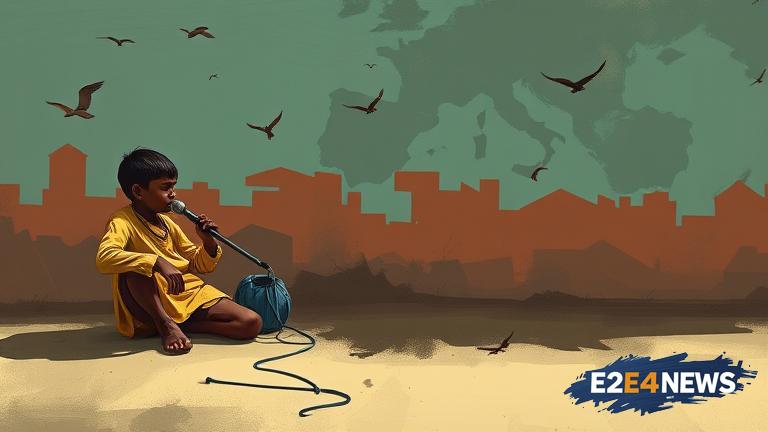The world was on the brink of eradicating polio, a highly infectious and debilitating disease, but a combination of factors has led to its resurgence. One of the main reasons for this comeback is the falsification of records, which has hindered accurate tracking and reporting of polio cases. Additionally, the current vaccine used to combat polio has been found to be imperfect, providing only partial protection against the disease. Missteps in global health efforts, including inadequate funding and lack of coordination between organizations, have also contributed to the spread of polio. The disease has been found to be prevalent in areas with poor sanitation and hygiene, highlighting the need for improved infrastructure and public health measures. Furthermore, the rise of anti-vaccination movements and misinformation about the safety and efficacy of vaccines has led to a decline in vaccination rates, making it easier for polio to spread. The World Health Organization (WHO) has warned that the resurgence of polio is a major public health concern, and urgent action is needed to prevent further outbreaks. The organization has called for increased funding and support for global health efforts, as well as improved coordination and communication between governments, healthcare providers, and communities. The impact of polio on individuals and communities cannot be overstated, with the disease causing paralysis, disability, and even death. The economic burden of polio is also significant, with the cost of treatment and care for those affected by the disease being substantial. In addition to the human toll, the resurgence of polio also has significant implications for global health security, as it highlights the vulnerability of healthcare systems to infectious diseases. The WHO has emphasized the need for a comprehensive and coordinated approach to addressing the polio crisis, including improved surveillance, vaccination efforts, and public health measures. This will require the collaboration and commitment of governments, healthcare providers, and communities around the world. The fight against polio is a complex and ongoing challenge, but with concerted effort and dedication, it is possible to eradicate the disease and prevent further suffering. The use of new and innovative technologies, such as genetic sequencing and data analytics, may also play a critical role in the fight against polio. These tools can help to track the spread of the disease, identify areas of high risk, and inform targeted public health interventions. Moreover, the development of new and more effective vaccines is crucial to preventing the spread of polio. Researchers are working to develop vaccines that provide longer-lasting protection and are more effective against the different strains of the virus. The importance of community engagement and participation in polio eradication efforts cannot be overstated. Local communities must be empowered to take ownership of their health and work together to prevent the spread of the disease. This can involve education and awareness campaigns, as well as the development of community-based initiatives to improve sanitation, hygiene, and vaccination rates. The role of governments and international organizations in supporting these efforts is also critical. They must provide the necessary funding, resources, and technical expertise to support the development and implementation of effective polio eradication strategies. In conclusion, the resurgence of polio is a major public health concern that requires urgent attention and action. It is a complex and ongoing challenge that will require the collaboration and commitment of governments, healthcare providers, and communities around the world. With concerted effort and dedication, it is possible to eradicate polio and prevent further suffering. The use of new and innovative technologies, the development of new and more effective vaccines, and the empowerment of local communities are all critical components of a comprehensive and coordinated approach to addressing the polio crisis.





